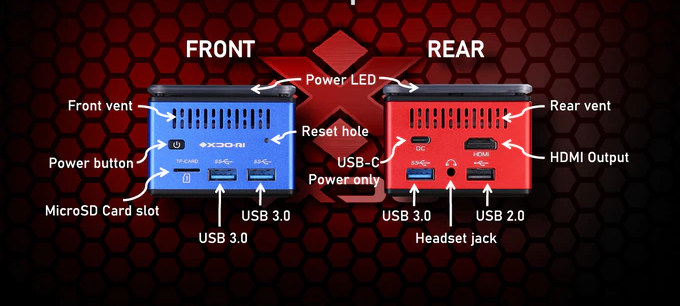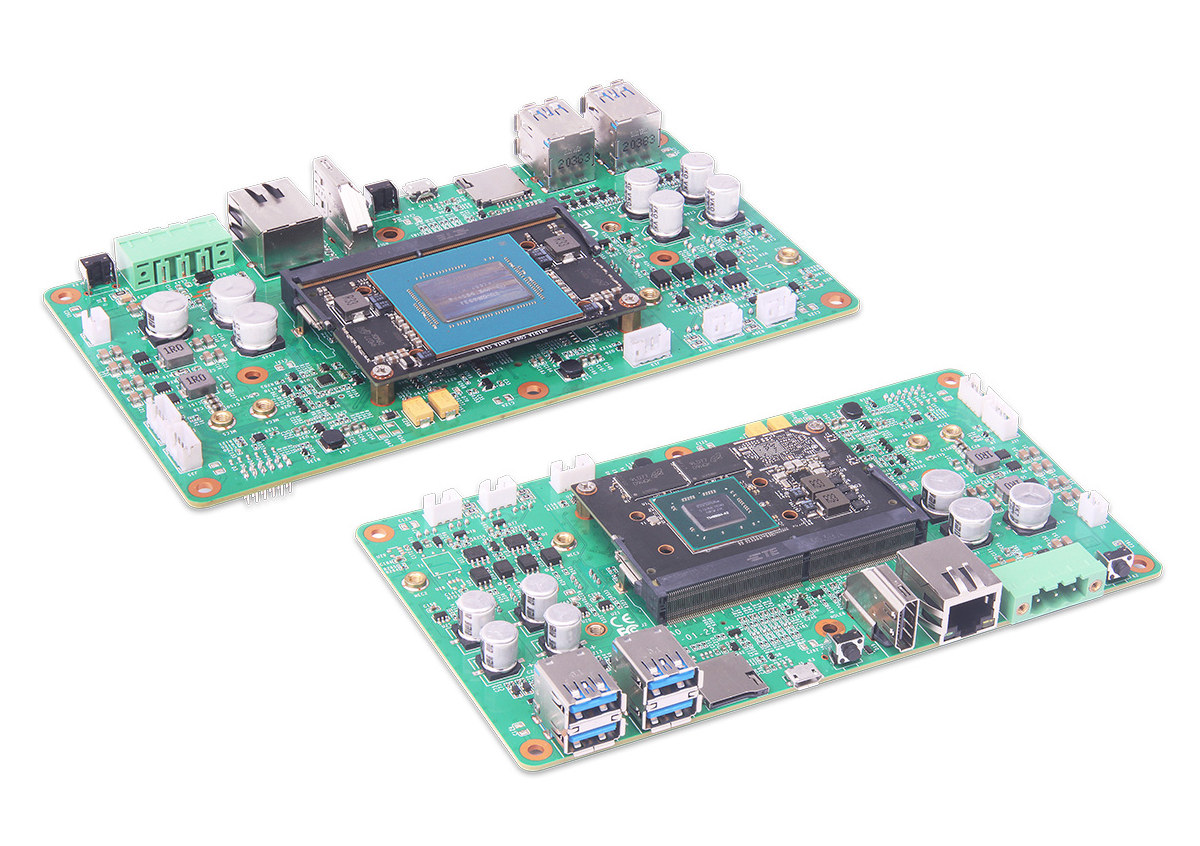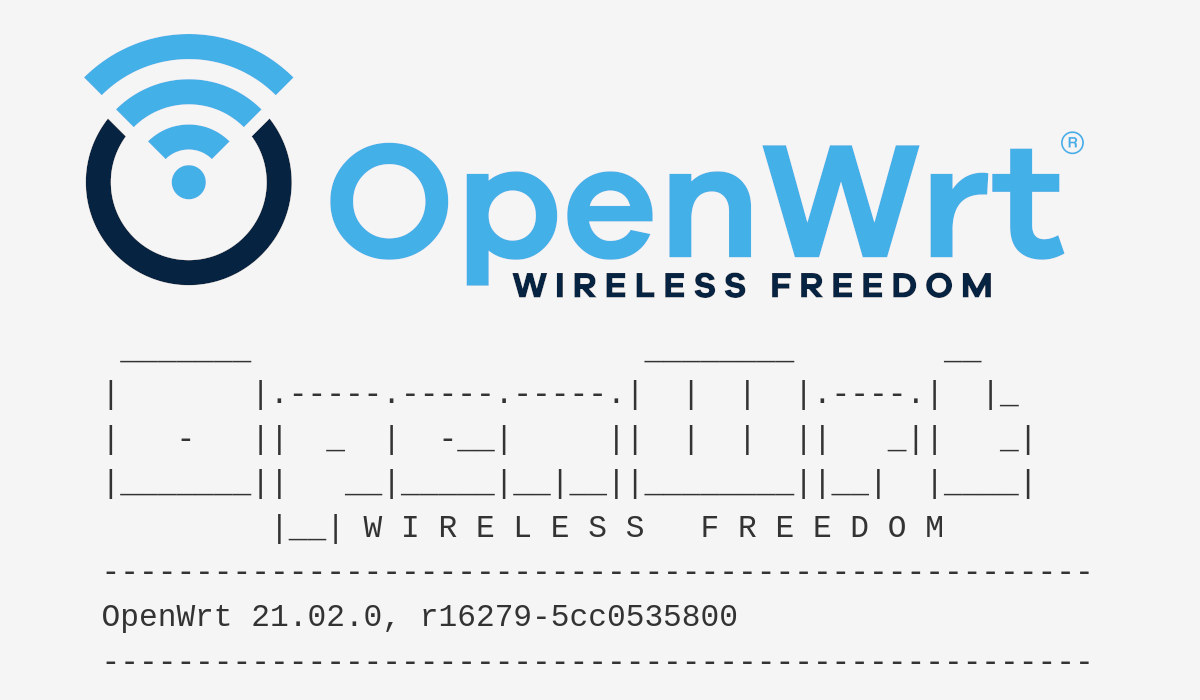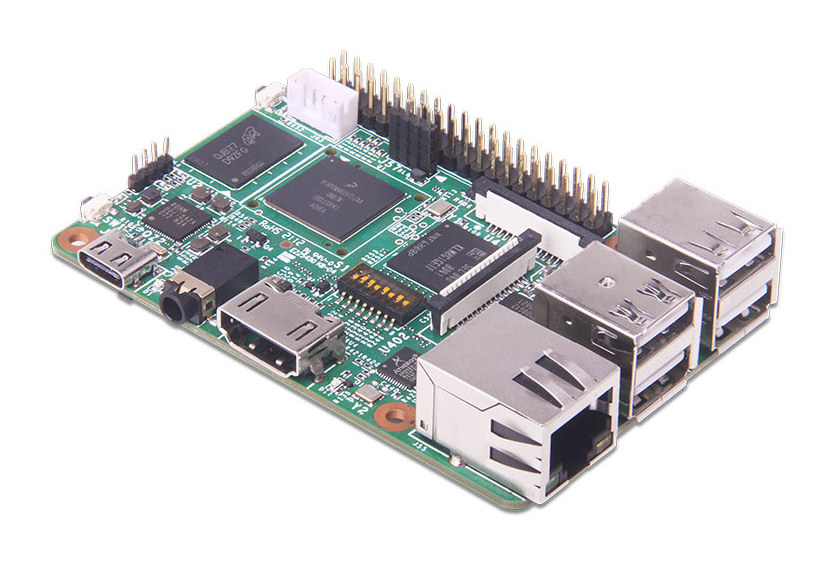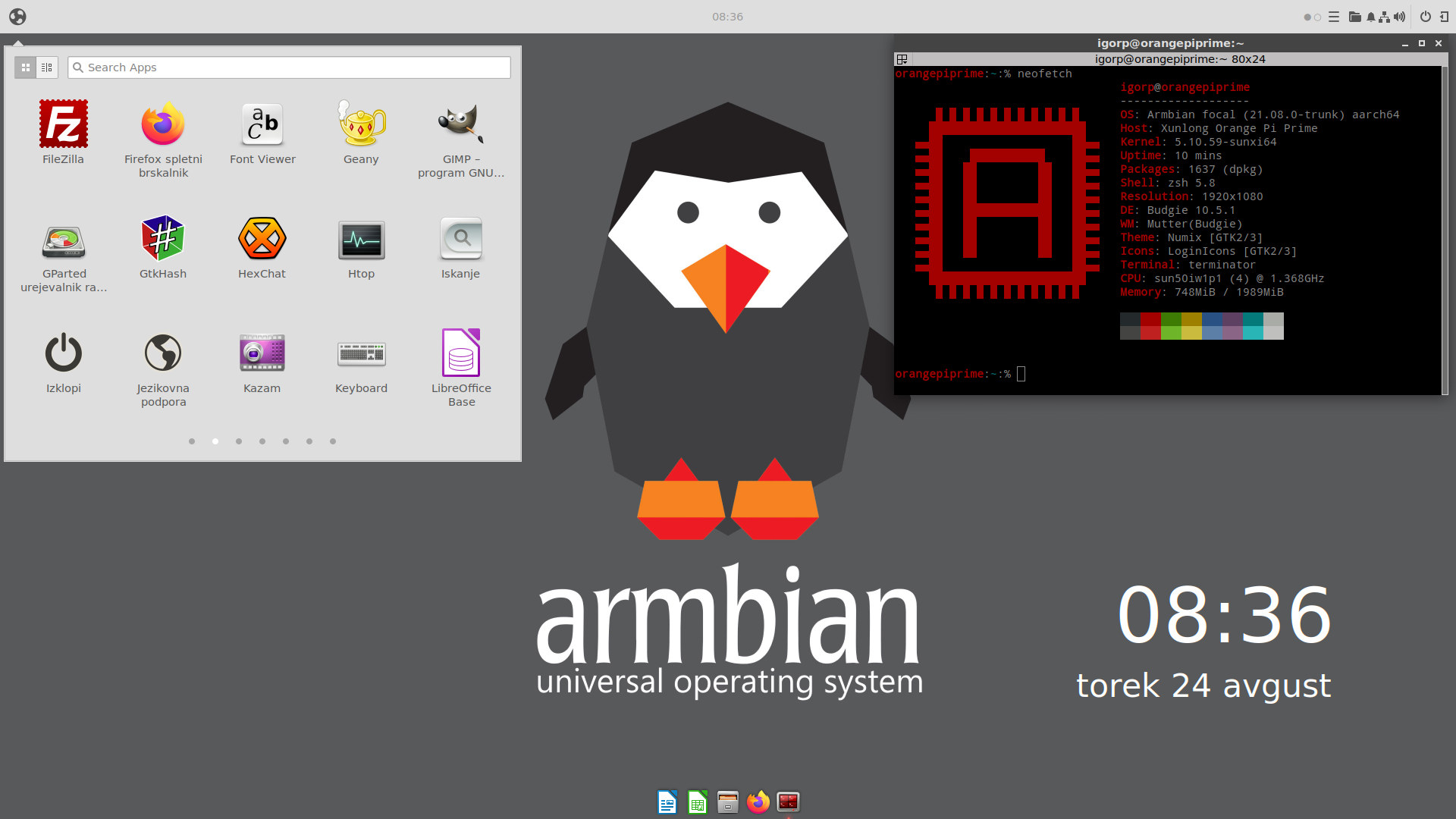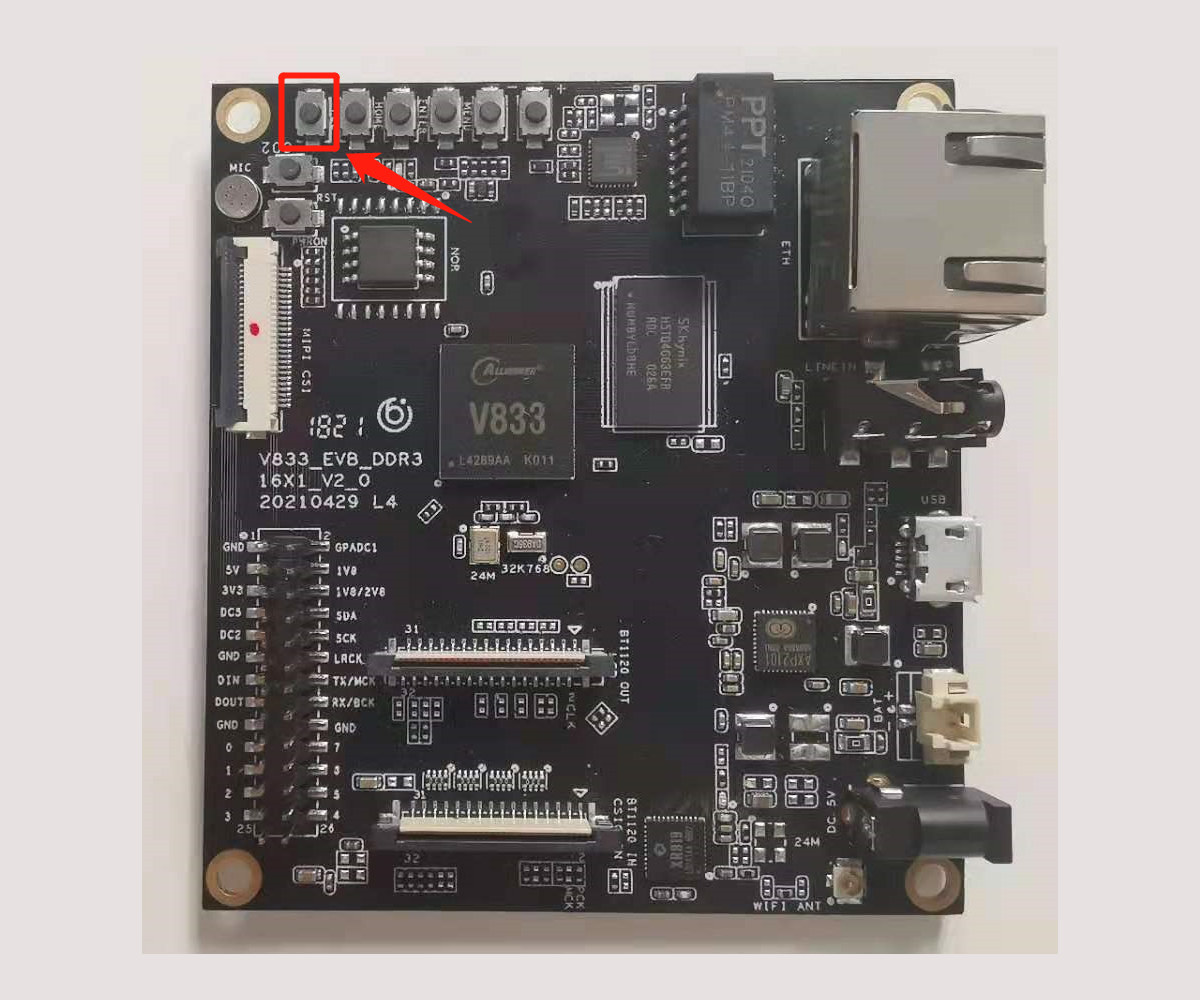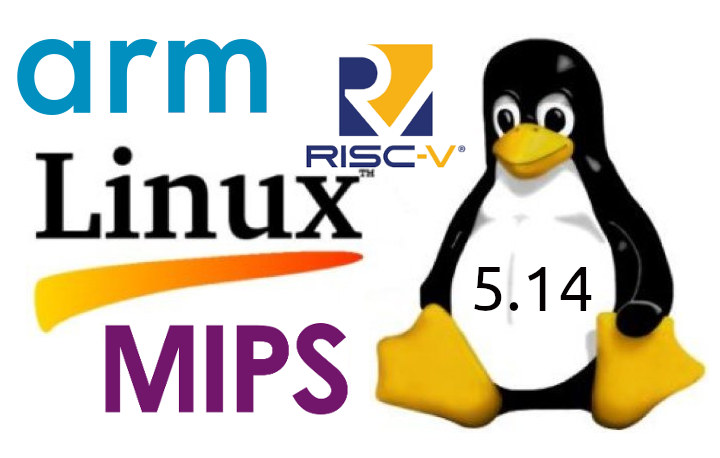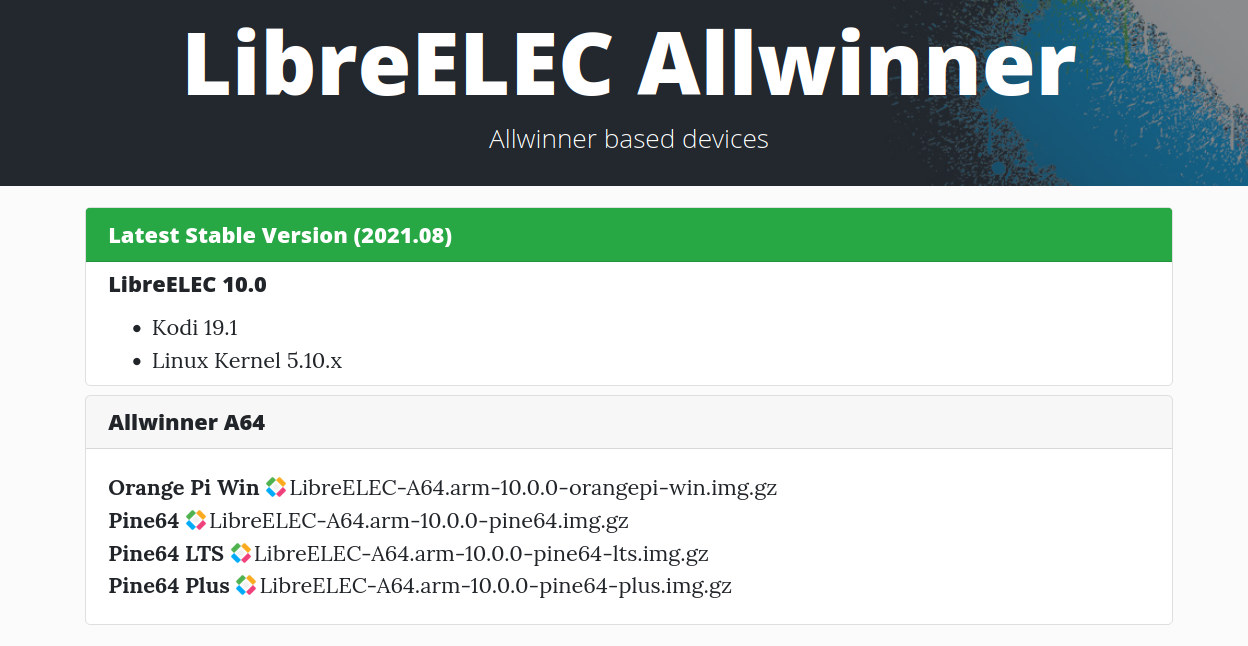The Pantera Pico PC is an ultra-compact Gemini Lake Refresh mini computer similar to the Chuwi Larkbox Pro, that was supposed to launch in December 2020 through an Indiegogo campaign. Let’s say there have been delays, and the company – XDO Tech – has only just launched the Pico PC on Kickstarter for $149 and up. Pantera Pico PC specifications: SoC – Intel Celeron J4125 quad-core Gemini Lake Refresh @ 2.0 / 2.7 GHz (Turbo) / 2.4 GHz (Turbo all cores) with Intel UHD Graphics 600 @ 250/750 MHz; 10W TDP System Memory – Dual-channel 4GB or 8GB LPDDR4 Storage – 64 GB to 1TB M.2 2242 SSD, MicroSD card socket Video Output – HDMI 2.0 up to 4Kp60 Audio – 3.5mm speaker/microphone jack, digital audio via HDMI Connectivity Dual-Band WiFi (allegedly WiFi 6, but limited to 422 Mbps?), Bluetooth 5.1 USB – 3x USB3.0, 1x USB2.0 Misc – Power button, […]
Jetson Nano & Xavier NX carrier board offers 3x M.2 sockets, 10x RS232/RS485 interfaces
Geniatech NVJ100AI/NVJ100AIX is a carrier board fitted with either Jetson Nano or Jetson Xavier NX SoM with good expansion capabilities thanks to three M.2 sockets and ten RS232 and/or RS485 interfaces, plus the usual Gigabit Ethernet, USB ports, HDMI video interface, etc… Geniatech NVJ100AI/NVJ100AIX specifications: SoM Geniatech NVJ100AI – NVIDIA Jetson Nano with CPU – Quad-core Arm Cortex A57 MPCore processor @ up to 1.43 GHz GPU – Maxwell GPU, 128 CUDA core up to 512 GFLOPS (FP16) System Memory – 4GB LPDDR4 Storage – 16GB eMMC flash AI Performance – Up to 472 GFLOPS in 10 Watts mode Geniatech NVJ100AIX – NVIDIA Jetson Xavier NX CPU – Hexa-core NVIDIA Carmel ARMv8.2 64-bit CPU with 6MB L2 + 4MB L3 cache GPU – 384-core NVIDIA Volta GPU with 48 Tensor Cores Dedicated AI accelerators – 2x NVDLA Engines, 7-Way VLIW Vision Processor System Memory – 8GB LPDDR4 Storage – 16GB […]
OpenWrt 21.02 released with WPA3, HTTPS, TLS enabled by default
OpenWrt 21.02 has just been released with higher security with WPA3, HTTPS & TLS enabled by default, as well as initial support for the Distributed Switch Architecture (DSA), the Linux standard for configurable Ethernet switches. OpenWrt is the most popular open-source Linux distribution for routers and entry-level Linux-capable embedded systems, and the latest release includes over 5800 commits since the release of OpenWrt 19.07 in January 2020. WPA3 was already supported in OpenWrt 19.07, but not enabled by default, OpenWrt 20.02 changes that, together with TLS thanks to trusted CA certificates from Mozilla. That means LuCi interface, wget, opkg package manager can all support HTTPS out-of-the-box. Note that HTTPS redirection can be disabled for LuCI in the configuration files. Another security change is that SELinux is now supported by OpenWrt, but not enabled by default. OpenWrt 21.02’s DSA implementation replaces the current swconfig system, but not all targets have been […]
Geniatech XPI-iMX8MM SBC offers NXP i.MX 8M Mini processor in Raspberry Pi form factor
Geniatech XPI-iMX8MM is a new member of the company’s XPI SBC family following Raspberry Pi 3 form factor and equipped with the 14nm NXP i.MX 8M Mini quad-core Cortex-A53 processor. The new board follows XPI-S905X (Amlogic S905X), XPI-3128 (Rockchip RK3128), and XPI-3288 (Rockchip RK3288) single board computer introduced over the last three years with many of the same features including HDMI output, four USB ports, Ethernet, and so on. Geniatech XPI-IMX8MM specifications: SoC –NXP i.MX 8M Mini quad-core Arm Cortex A53 processor @ up to 1.8 GHz with Cortex-M4 real-time core, 2D and 3D Vivante GPUs, 1080p60 H.265/H.264 video decoder, 1080p60 H.264 video encoder System Memory – 1GB (default) to 4GB LPDDR4 Storage – 8GB (default) to 128GB eMMC 5.x flash, MicroSD card slot Video & Audio Output HDMI 1.4 up to 4Kp30 3.5mm AV jack with composite video and stereo audio 2-lane MIPI DSI connector Camera – 2-lane MIPI […]
Armbian 21.08 for Arm boards ships with latest Linux 5.10 LTS
Armbian provides stable releases four times a year, and Armbian 21.08 has just been released offering minimal, server or XFCE, Cinnamon and Budgie desktop Linux 5.10 LTS images for Arm boards, as well as a build system to customize your own image. If you’ve been using an Arm SBC that is NOT a Raspberry Pi board, you’ve probably been told to use Armbian, as the community is providing Debian and Ubuntu images for over 100 Arm boards that are either “Supported”, “WIP” (suitable for testing), or “CSC” (no official support, aka you’re on your own). Armbian 21.08 highlights (Note: EDGE are daily builds following daily builds of the Linux kernel and fresh packages from Debian sid, Ubuntu 21.04 “hirsute” or Ubuntu 21.10 “impish” userland): Based on Linux 5.10.59 released on August 15, 2021 Minimal, server or XFCE, Cinnamon, and Budgie desktop Fast automated language selection on the first run Regular […]
Allwinner V833 AI video development board runs Tina Linux or Melis RTOS
Lindenis V833 is an AI video/camera development board based on Allwinner V833 single-core Cortex-A7 processor with a 400 MOPS AI accelerator (NPU) and running OpenWrt-based Tina Linux or Melis RTOS based on the RT-Thread kernel. The board comes with up to 3GB RAM, a MicroSD card socket, MIPI DSI, MIPI CSI, and BT1120 interfaces for video output and input, Gigabit Ethernet, 2.4 GHz WiFi, and a few other I/Os. Lindenis V833 specifications: SoC – Allwinner V833 single-core Arm Cortex-A7 processor @ up to 1.2 GHz with H.265/H.265 1080p video encoder, MJPEG 1080p video encoder, 400 MOPS AI accelerator (See PDF datasheet) System Memory – Up to 3GB DDR3/DDR3L Storage – MicroSD card slot with support for SDHC and SDXC, SPI NOR flash Display Interfaces 4-lane MIPI-DSI up to 1080p BT1120 output Touch panel header Video In 4-lane MIPI-CSI camera interface BT1120 input Audio – 3.5mm Line-in jack, built-in microphone Connectivity […]
Linux 5.14 Release – Main changes, Arm, MIPS, and RISC-V architectures
Linus Torvalds has just announced Linux 5.14 release which happens to almost coincide with the anniversary of the initial announcement of the “small” project on August 25, 1991, about 30 years ago. Here’s Linux 5.14’s announcement: So I realize you must all still be busy with all the galas and fancy balls and all the other 30th anniversary events, but at some point you must be getting tired of the constant glitz, the fireworks, and the champagne. That ball gown or tailcoat isn’t the most comfortable thing, either. The celebrations will go on for a few more weeks yet, but you all may just need a breather from them. And when that happens, I have just the thing for you – a new kernel release to test and enjoy. Because 5.14 is out there, just waiting for you to kick the tires and remind yourself what all the festivities are […]
LibreELEC 10.0 minimal Linux OS for media playback released with Kodi 19.1
While most TV boxes and SBCs nowadays ship with or support a version of Android, people who just want the best viewing experience may prefer to switch to a Linux distribution such as LibreELEC or CoreELEC. The good news is that LibreELEC 10.0 has just been released with Kodi 19.1 and Linux 5.10 LTS. LibreELEC 10.0 is said to work well for Allwinner, Rockchip, and “Generic” Intel/AMD devices, while the Raspberry Pi 4 release’s codebase is rather new, and there may still be a few rough edges. Support for the previous generation Raspberry Pi boards has been dropped, and there’s no support for Amlogic platforms as CoreELEC already provides good support. Since LibreELEC 10.0 is based on Kodi 19.1, it benefits from the same features as Kodi 19 “Matrix” release including AV1 video decoding, a new skin, HDR support, and more. LibreELEC 10.1 support a wide range of single board […]


